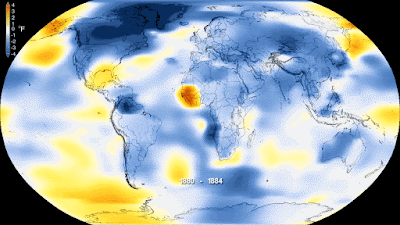INTERGOVERNMENTAL PANEL ON CLIMATE CHANGE (IPCC).
IPCC I ntergovernmental Panel On Clim ate Change The aim of this report is to know about what is IPCC, its overview, its history, its structure, preparing reports,future work and its scholarship. We have searched this information in IPCC´s web and in wikipedia. 1.WHAT IS IPCC? The Intergovernmental Group of Experts on Climate change or the intergovernmental Panel on climate change, known by the acronym in English IPCC. 2.OVERVIEW An open and transparent review by experts and governments around the world is an essential part of the IPCC process, to ensure an objective and complete assessment and to reflect a diverse range of views and expertise. Through its assessments, the IPCC identifies the strength of scientific agreement in different areas and indicates where further research is needed. The IPCC does not conduct its own research. 3.History of the IPCC The Intergovernmental Panel on Climate Change (IPCC) was established in 1988...
